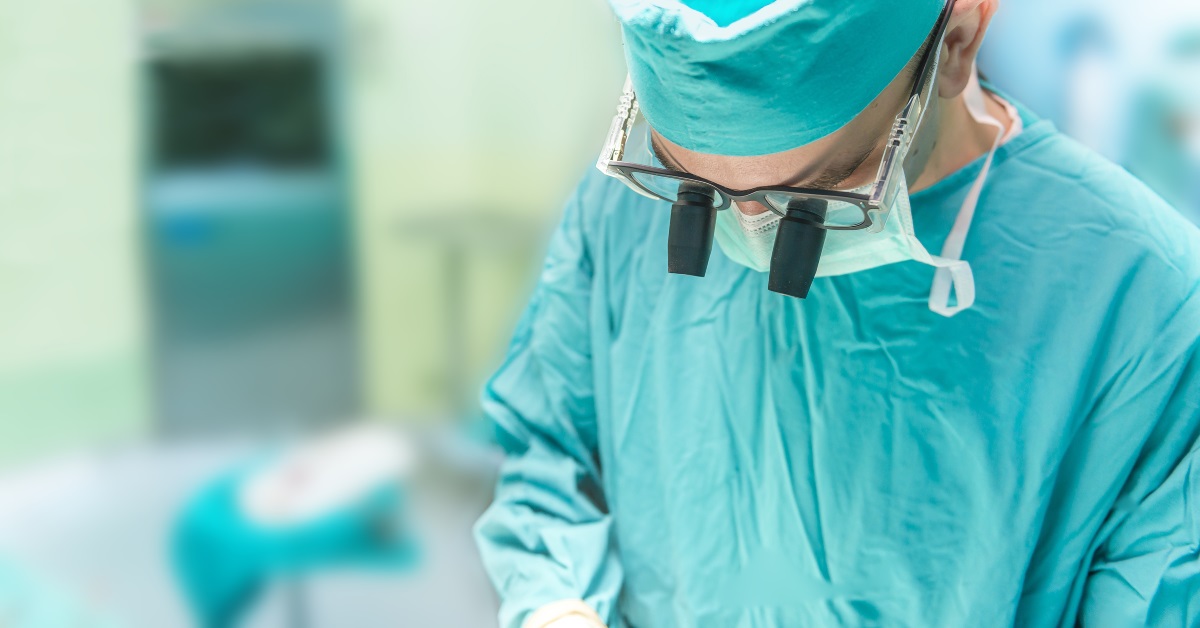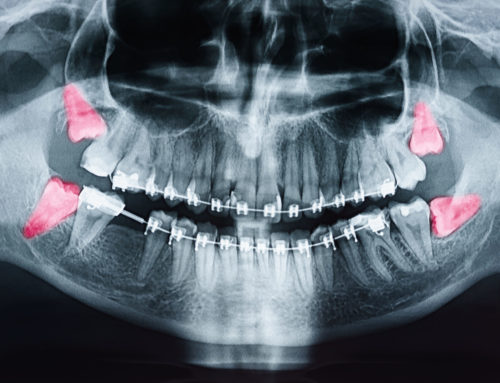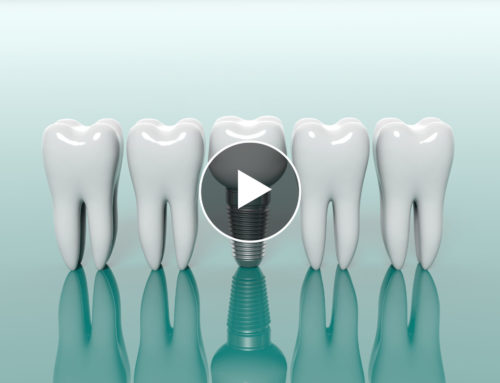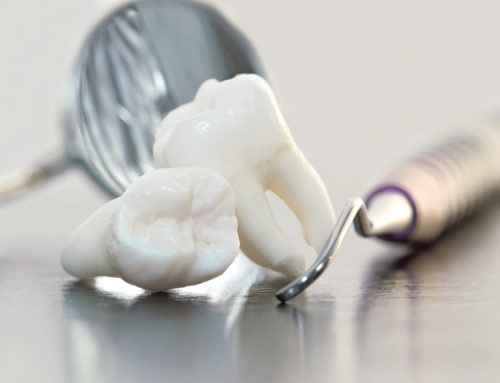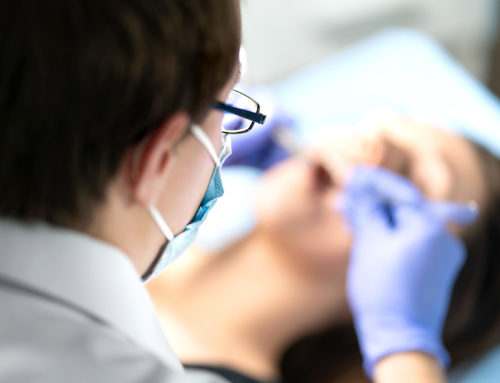Dentistry recognized it was important to create specialties within dentistry. And these specialties help “protect the public and improve the quality of careâ€. As we have come to learn it is an almost impossible task to do so many things, (fillings, crowns, dentures, hygiene procedures, root canals, extractions). Moreover, that we do them all well. So, while medicine has specialists in a multitude of areas so does dentistry. The surgical arm of dentistry is the Oral and Maxillofacial Surgeon (OMS).
OMS Training & Capabilities
All oral surgeons are first general dentists before their acceptance into, what dental students know as, one of the most competitive and rigorous training residencies. Your typical first-year oral and maxillofacial surgery resident will spend the next 4-6 years in a hospital-based program. They undergo training in a multitude of areas including anesthesia, internal medicine, general surgery, emergency surgery, plastic surgery, otolaryngology, as well as neurosurgery. In addition to those fields, they devote an overwhelming amount of time to the following areas:
- Administration of Anesthesia

- Dental Implant Surgery
- Extractions/Wisdom Teeth Removal
- Bone Grafting Procedures
- Corrective Jaw Surgery
- Facial Trauma-Simple Lacerations to Complex Jaw Fractures
- Cleft Lip & Palate Surgery
- Obstructive Sleep Apnea
- Malignancies/Pathology and Reconstruction
- TMJ Treatment Surgical and Nonsurgical
A True Rarity
Less than 250 residents are selected each year to train as oral surgeons in the U.S. Of these, less than 100 are placed in dual degree programs that require residents to complete medical school while concurrently completing the above-mentioned requirements.
The surgeons at OMSH have all completed medical school as well as dental school. They are dual degreed. In other words, they are not only dentists but physicians as well.
Upon graduation from residency, an oral and maxillofacial surgeon may begin practice. However, when they achieve board certification, they recognize it as achieving the highest honor within the profession. A Diplomate of the American Board of Oral and Maxillofacial Surgery, more commonly known as “Board Certifiedâ€, is a title acquired after undergoing a series of requirements from written and oral examinations, as well as a review of surgical expertise by a panel of peers. Obtaining a Diplomate status is proof that an oral surgeon has achieved the highest level of competence.
All of the surgeons at OMSH are Diplomates of the American Board of Oral and Maxillofacial Surgery.
How to Choose an Implant Oral Surgeon
The most important factor in predicting the successful placement of a dental implant is the oral surgeon you select. The Journal of the American Dental Association published an article entitled “Outcomes of implants and restorations placed in general dental practices: A retrospective study by the Practitioners Engaged in Applied Research and Learning (PEARL) Network†in July 2014. This study concluded that implant survival and success rates in general dental practices may be lower than those reported in academic or specialty settings. It is important to note, however, that dentistry does not recognize a specialty-specific to dental implants.
It has become popular in today’s culture for dentists to coin the term “implantologistâ€. Yet, this term is not a recognized specialty and does not in any way speak to the training that the dentist has received. Oral and Maxillofacial Surgery is the only dental specialty that provides training in the placement of dental implants. It also offers training in all types of grafting procedures, including complex bone grafting procedures. Additionally, it is also the only residency besides Anesthesiology that provides extensive training in all levels of anesthesia. This includes general/deep sedation.
Remember: It is important to ask your surgeon about their training. A weekend course in placing dental implants does not compare to years of practice. If you’re ready to experience the difference in oral surgery, contact the oral surgeons at Oral & Maxillofacial Surgeons of Houston (OMSH). Call (832) 463-4571.

